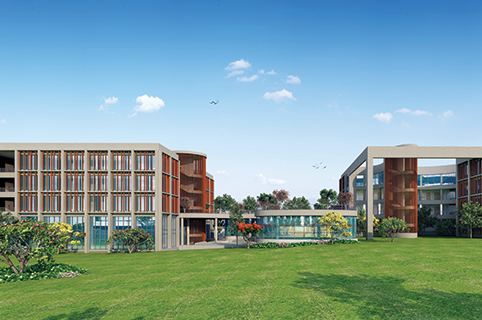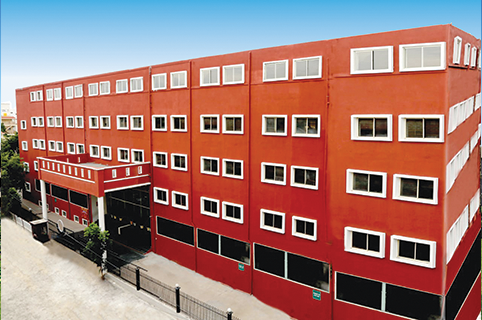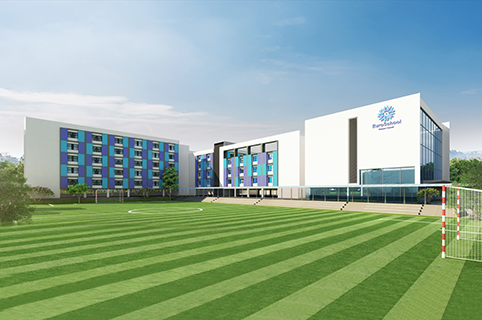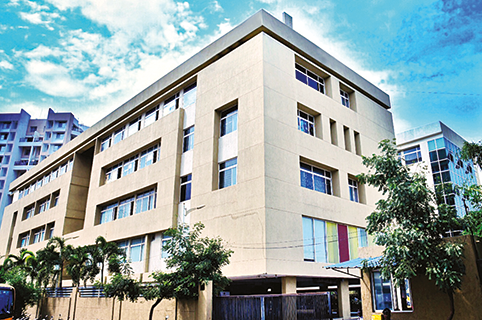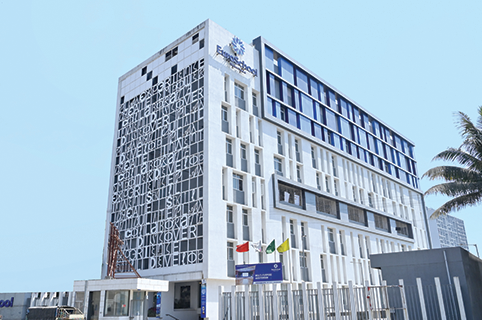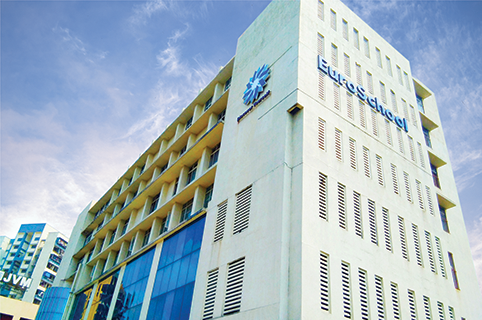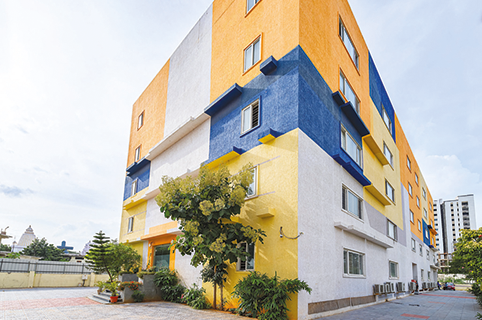Best Secondary Schools In India
Determining the right secondary school for one's child can seem daunting but is of paramount importance. Secondary classes include Class 8, Class 9 and Class 10. The initial step involves understanding the various boards – CBSE, ICSE, state boards, and international ones like IB or IGCSE. Each has its unique curriculum and pedagogy, so parents should consider which aligns best with their child's learning style and future ambitions.
While academic performance, gauged through board exam results, offers a snapshot of a school's standards, it shouldn't be the sole deciding factor. The school's ethos, its approach to teaching, the emphasis on extracurricular activities, and the overall development of its students are equally significant. Infrastructure, student-teacher ratios, and faculty qualifications can provide insights into the quality of education.
It's also wise to attend school open days, interact with current students and parents, and observe the environment firsthand. The objective is to select a school where the child not only receives quality education but also grows holistically, imbibing values and skills for life.
ICSE & CBSE schools offering secondary education in India
Secondary Schools in Bangalore
Secondary Schools in Pune
Secondary Schools in Mumbai
Secondary Schools in Hyderabad
Why Choose EuroSchool for Your Child?
EuroSchool is part of Lighthouse Learning, one of India's leading Early Childhood & K-12 Education Groups. Our Group is committed to building a robust foundation & new-age skills in future generations with student-centred goals that are aligned over our network of over 1,400 Pre-Schools and 52 Schools. Lighthouse Learning Group delivers the joy of learning to over 170,000 children every day and employs a talented workforce of over 10,000 people across its offices and campuses located in Mumbai, Bengaluru, Pune, and Hyderabad.
Our education system is tailored to help children come out with flying colours. We also provide a variety of personal well-being programmes such as ARGUS, ASPIRE, Centre Of Wellbeing, Cerebrum and more that aim at fostering a safe space for growing children. EuroSchool offers education at all levels and with equal priority, starting with nursery admission and continuing through junior and senior kindergarten, primary, secondary, and higher secondary schools.
EuroSchool Secondary School Curriculum
EuroSchool offers a dynamic and forward-thinking approach to secondary education. Recognising the evolving global landscape, their curriculum seamlessly merges international educational standards with local content, preparing students for both domestic and global platforms.
At the heart of the EuroSchool secondary curriculum is a commitment to holistic education. Beyond the core academic subjects, there's an emphasis on experiential learning. Students engage in interactive classroom sessions, project-based assignments, and practical demonstrations, ensuring they not only memorise concepts but truly understand them.
However, our approach isn't confined to textbooks. We give equal weightage to co-curricular activities, understanding that true education stretches beyond academic achievements. Whether it's sports, arts, or cultural programmes, students are encouraged to explore their passions, fostering creativity, teamwork, and leadership.
Additionally, the curriculum incorporates global exposure. Programmes that facilitate international interactions, cultural exchanges, and competitions ensure students develop a broader, more inclusive perspective.
Secondary School Admission Process in India
Here are certain factors you must think about before considering the top primary schools in India -- Step 1 - Announcement of Admission: Schools usually announce the start of their admission process either at the end of the academic year or the beginning of the next. The announcement can be found on their official websites, newspapers, or notice boards.
- Step 2 - Collection and Submission of Application Forms: Parents need to collect the application form from the school's office or download it from the school's website. After filling it out, the form is to be submitted by the stipulated deadline, along with necessary documents like birth certificates, address proof, passport-sized photos, and previous school reports if applicable.
- Step 3 - Entrance Tests/Interviews: Some schools conduct entrance tests to gauge the student's academic proficiency. The subjects tested usually include Mathematics, Science, and English. Interviews might also be held to understand the student's aptitude and interests.
- Step 4 - Announcement of Selected Candidates: Based on the entrance test scores, interviews, and any other criteria the school may consider, a list of selected candidates is released.
- Step 5 - Payment of Fees: To confirm the admission, parents are required to pay the necessary fees by the given deadline.
- Step 6 - Orientation: After the admission process, schools might conduct an orientation session to familiarise the students and their parents with the school environment, rules, curriculum, and other details.
- Step 7 - Transfer Certificate: If a child is moving from one school to another, a transfer certificate from the previous school might be required to confirm the admission.
EuroSchool Admissions Now Open. Enrol Today for World-Class Education.
Objective & Importance of Secondary Education
Secondary education plays a foundational role in a student's academic journey in India. Its primary objective is to build upon elementary education, introducing students to more complex subjects and concepts, and preparing them for higher secondary and subsequent tertiary studies. The importance of this phase is multifaceted. Students delve deeper into core subjects, gaining a comprehensive understanding that's vital for advanced studies.
Beyond rote learning, secondary education fosters analytical, problem-solving, and critical thinking skills. This period sees significant personal and emotional development, often facilitated by school activities, fostering teamwork, leadership, and character building. Secondary education offers the initial insight into potential future paths, allowing students to identify areas of interest and aptitude.
FAQs about Secondary Schools in India
Is learning a third language mandatory?
Policies vary. Some schools, especially under the CBSE board, require students to learn a third language up to a certain grade.
Do secondary schools in India have extracurricular activities?
Yes, most schools emphasise holistic development and offer activities like sports, arts, debates, and cultural events.
Can students transfer between different boards during secondary education?
Transfers are possible, though they may come with challenges. It's crucial to ensure syllabus alignment and meet the receiving school's requirements.
Are digital tools and e-learning common in secondary schools?
With technological advancements and recent global events like the pandemic, many schools have integrated digital tools, e-learning platforms, and online classes into their curriculum. Always refer to specific schools or boards for detailed, updated information, as practices can vary.


